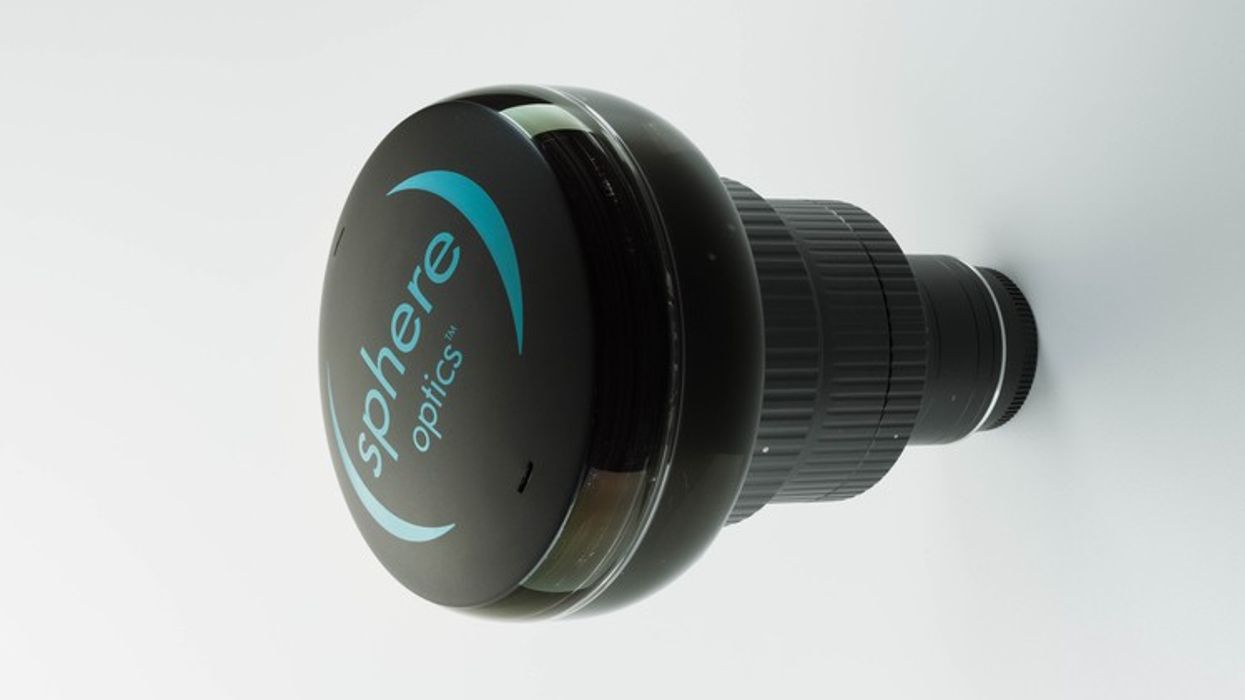Sphere Does 360° Video with the Ease of Changing a Lens
The new Sphere 360° lens attachment works with your existing camera to capture immersive images.

While post tools like Adobe Premiere are working hard to make the immersive 360° video workflow feel similar to working with traditional flat video, the on-set capture tools remain a major departure from the tools we already know and love.
The start-up Sphere Optics aims to solve that with the Sphere lens, which attaches via Nikon mount to a traditional DSLR for capturing circular video on whichever camera you already have.
This is a great way to transition to 360° without having to build a fresh package from scratch.
The benefits are obvious for shooters who have already spent time developing a package. If you already have a wide variety of accessories, batteries, cards, and more built up for your main package, but want to start capturing some content intended for Google Cardboard VR, this is a great way to transition without having to build a fresh package from scratch.
As you upgrade your camera package, the imaging improvements you get with the new camera body will be useful with the Sphere lens—though, of course, there will be some limit to the upper resolution possible with the Sphere, based on optical quality (and not the image sensor).

The lens uses a patented design built around a toroidal mirror which takes the spherical view of the world and translates it to the disc-shaped image recorded on the sensor. The optics are a bit complicated, but here's a rundown: a toroidal mirror is built around the torus shape (which my high school physical teacher made memorable by pointing out to be the shape of a donut). Combining lens optics with mirrors isn't common practice, but it does have a long history—the technique is probably best known for producing the mirror-reflex lens and its toroidal bokeh.
Future models include options for GoPro and mobile video use. For rental or purchase inquires, get in touch with Sphere Optics.
Tech Specs
- 360° video in single shot
- 1mm close focus
- Nikon F mount,
- 35mm Full Frame sensor coverage
- Fixed F/8 aperture
- 180° verticle Field of View (360° horizontal)
- 198mm L x 150mm W
- 1.8kg











